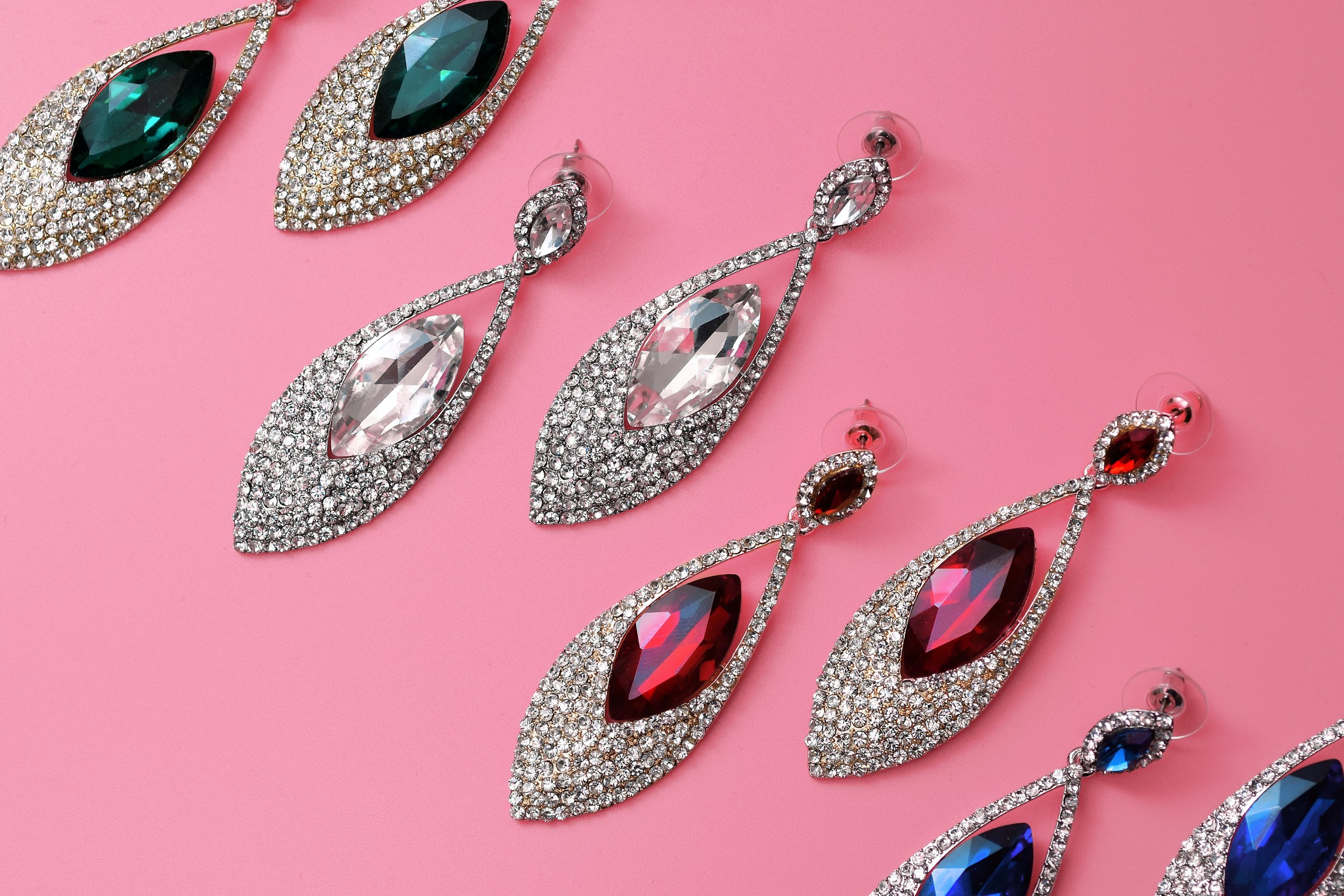Diamonds are the most popular gemstone in the world. They are also costly, so people prefer to buy them from a reliable source to get the genuine one. However, this is where things get tricky because many companies claim to sell you authentic diamonds but sell you fake ones. The following article will help you understand how to spot a fake diamond to avoid being ripped off by these companies.
What Is a Real Diamond?
A natural diamond is a mineral formed deep within the earth and is one of the hardest natural substances. They are formed deep in the earth's mantle over millions of years.
Diamond is made of carbon, and its chemical composition is C. The value of a diamond depends on its purity, color, and size of the diamond.
A natural diamond is highly valued because it is rare and expensive to mine. It can also be used as an investment since it will always have value as long as people want it.
A real diamond has many properties that distinguish it from imitations. Below are a few
A high refractive index (2.417 for colorless diamonds)
Anisotropic luster (which makes it sparkle)
The hardness of a diamond is rated as ten on the Mohs Scale
Diamonds are transparent and refract light
The 4Cs of Diamond Quality
The four Cs of diamond quality are as discussed below:
Cut
The diamond cut refers to its facets' shape, symmetry, and polish. A well-cut diamond will reflect light and sparkle more than a poorly-cut one.
Color
The color of a diamond is graded by comparing it with a set of color comparison stones. Diamonds with lower color grades are more common and less expensive than diamonds with higher color grades.
Clarity
The clarity refers to the number, size, and position of any imperfections in its structure. Inclusions (internal flaws) are more common in lower-quality diamonds, while blemishes (external marks) are more common in higher-quality diamonds.
Carat Weight
A diamond's size is determined by its carat weight, which is equal to 200 mg or 0.2 grams (0.0070 oz). A 50-point stone is half a carat and contains 50 points per carat because a carat is divided into 100 points.
How to Spot a Real Diamond
When buying a diamond, you must know what you're looking for. Here are some tips on how to spot a genuine diamond:
Look at the Color
The best quality diamonds have no color whatsoever because they have not been treated in any way. Look at both sides of the stone through a loupe or magnifying glass. If it is clear on one side and colored on another, It's a sign that the stone has been treated with heat or chemicals.
Take Note of How Shiny It Is
Natural diamonds should shine brightly under light and be perfectly transparent with no visible flaws or inclusions inside them (these are called "birthmarks"). You can use ultraviolet light (UV) to detect whether your stone is natural; any fluorescence indicates that your stone may be impure or synthetic (fake).
Look at the Cut
The cut of a diamond refers to its shape and how it catches the light. A well-cut diamond will sparkle like crazy, whereas a poorly-cut one will look dull and lifeless. Ideally, you should see at least two flashes of light when you move your hand back and forth under a bright light source. If there are more than two flashes per second, you're looking at an excellent cut diamond.
Verify Your Diamond’s Color Grade
The color grade refers to how much color exists within the stone (i.e., how yellow or brown it looks). A stone with a lower color grade will cost less than one with a higher rating because it may look less good on your finger (and possibly even make your hand look tanned!).
How to Spot a Fake Diamond
Here are some telltale signs that could indicate your diamond is fake:
The seller won't let you see the 4Cs certificate making a purchase;
It looks too shiny
It has visible flaws such as chips or scratches
It has a history of repairs
It's priced very low compared to similar stones without any visible flaws
The seller refuses to disclose where the diamond came from
Tips for Purchasing Diamond Earrings
When shopping for diamond earrings, there are certain things to look out for. Here are some tips:
Choose a pair that's in good condition and has been well-maintained
Make sure the diamonds' shapes are well-proportioned and suit your face shape
Consider if you'll have them set or leave them as studs, as this will affect their appearance and price
Check the color grades of the diamonds, so you know what color range you're buying into (if you want a specific color grade)
There are many types and styles of earrings. Fake jewels tend to look too perfect, while real ones are more noticeable. When it comes to diamonds, CZ or cubic zirconia will look the same as diamonds, but the quality is terrible. So you can see that there's a lot to learn about different kinds of earrings, so I hope this guide helps you.













